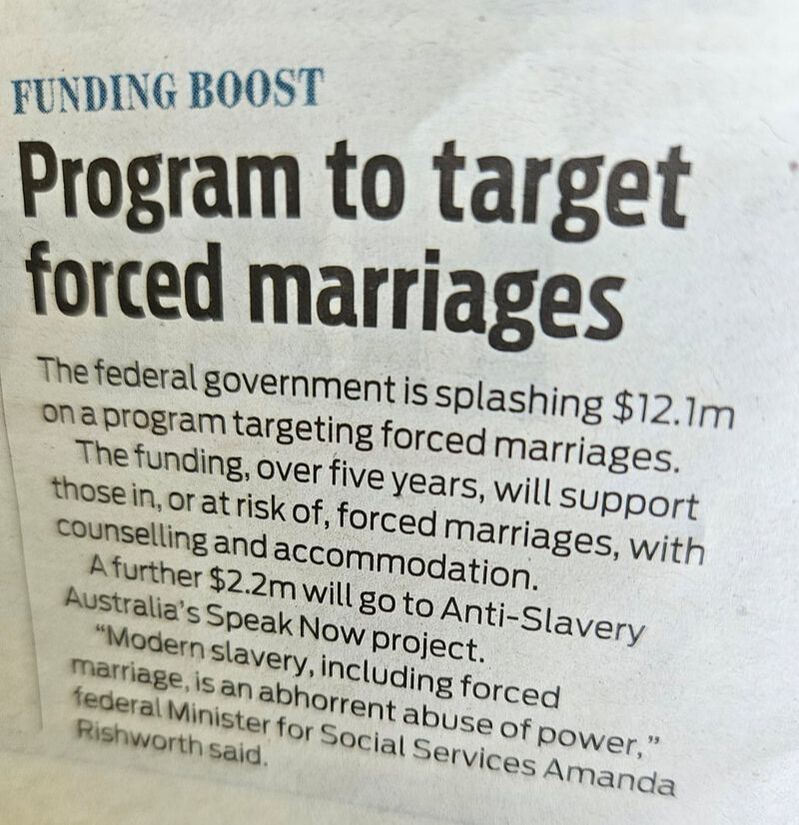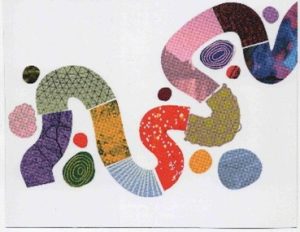End Forced Marriage
Zonta says NO to child and forced marriage in Australia and the world.
12 million girls
every year marry before
they turn 18!
1 in 5 girls
is married or in union before
their 18th birthday
40% of girls
in the least developed
countries marry before 18
The consequences of child and forced marriage on the person involved can be devastating. End child marriage because every child has the right to a childhood, an education and to make choices in their best interest so they can live their best life. End forced marriage because every person has the right to choose when, who and why they marry, if they decide to marry. Forced marriage and child marriage is a slavery-type practice.
According to My Blue Sky the consequences of child and forced marriage can include:
- psychological trauma
- physical, emotional and sexual abuse
- loss of freedom and control over their lives
- loss of education and work opportunities
- being exploited in the home (e.g. forced to do all the domestic duties)
- health issues (e.g. forced and early pregnancy).
Government Targets Forced Marriages

What is Forced Marriage?
Forced marriage is a slavery-like practice. It is unacceptable in Australia. Forced marriage is an abuse of human rights. In Australia, forcing a person to get married is a crime. It does not include arranged marriages and sham marriages when both parties have consented to the marriage and are a marriageable age. Commonwealth Laws criminalising Forced Marriage were enacted in Australia on 8 March 2013 (International Women’s Day) to help end forced marriage in Australia.
Under Commonwealth Law, a marriage is forced when a person gets married without freely and fully consenting to that marriage. The person who was forced to marry may have done so because of being coerced, threatened or deceived. They also may not be capable of understanding the nature and effect of a marriage ceremony because of their age or mental capabilities.
What is the punishment for Forced Marriage?
What are the signs of a Forced Marriage?
The following signs were developed by the Australian Government (Attorney General’s Department).
The ten signs relating to a person in a forced marriage or at risk of a forced marriage include:
- A sudden or unexpected announcement they are engaged.
- Their Older siblings were married early or stopped going to school.
- Their family has a lot of control over their life which seems excessive or abnormal.
- They show signs of being depressed, social isolation, substance abuse or self-harm.
- They are concerned, scared or nervous about going on a family holiday overseas.
- They spend a long time away from school, university or work.
- They often do not come to, or they suddenly withdraw from school, university or work.
- They have limited or no control over their finances or income.
- They have no autonomy over their life. Significant decisions affecting their future is made in consultation or agreement with their parents or others.
- Evidence of family arguments and conflicts, domestic violence, abuse or running away from home.

